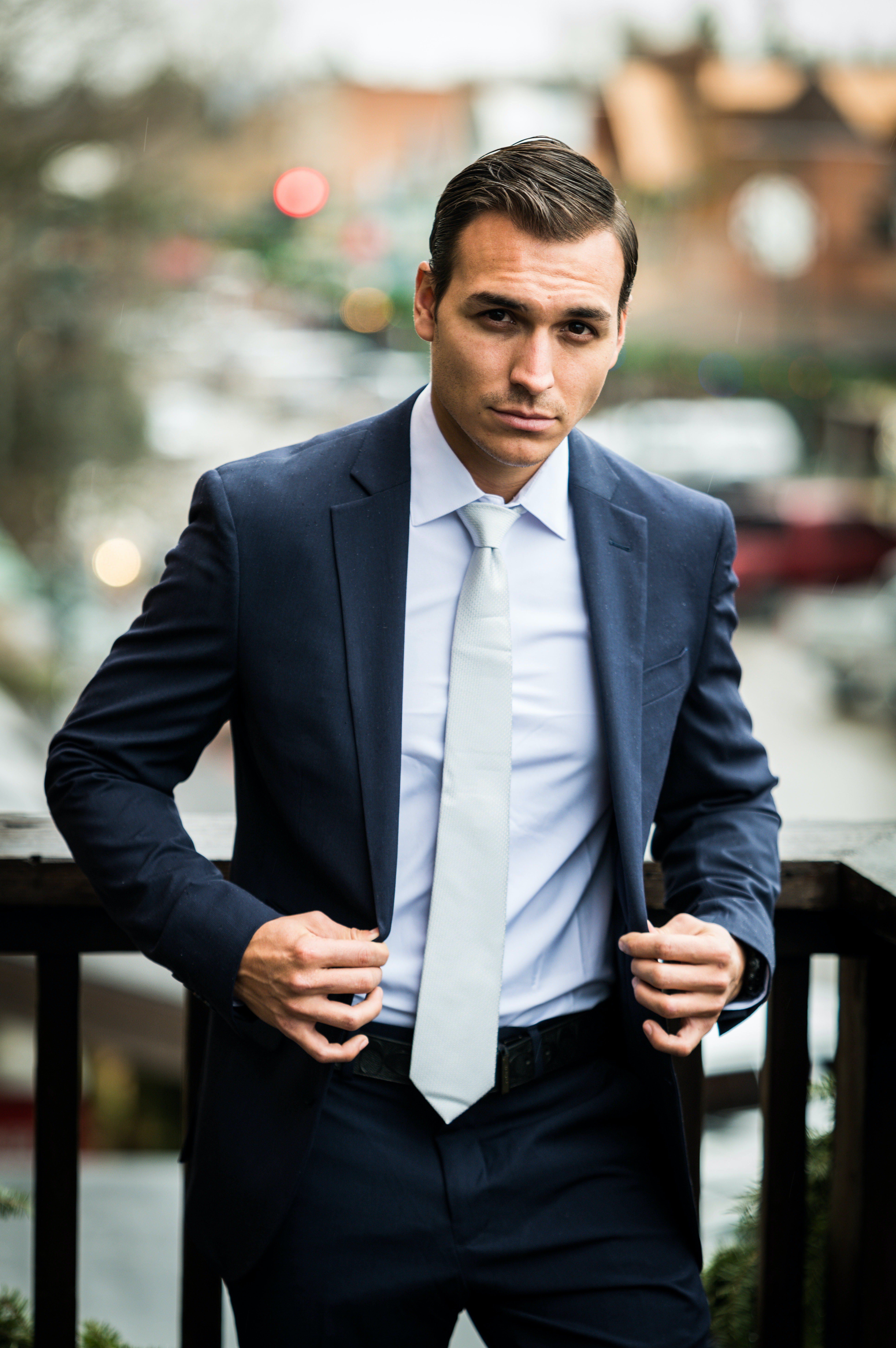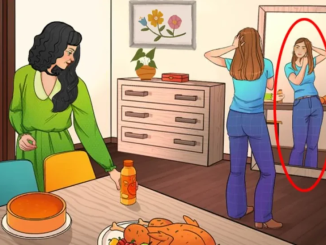
The morning had started like any other, tinged with the usual mix of hope and mild anxiety that came with an aging pet’s vet visit. Buffy, our sweet, silver-faced girl, was scheduled for a routine dental cleaning. We expected her to come home a little groggy, maybe missing a tooth or two, but otherwise, our same old Buffy.
But Dr. Mac, with her quiet wisdom and deep understanding of the creatures in her care, had a feeling. Before the anesthesia, she looked closer at Buffy’s recent lab work. The call came later that morning, a gentle voice delivering news that felt like a physical blow. Advanced kidney failure. Anesthesia was too risky; it could push her fragile system past the point of no return.
Suddenly, the simple dental cleaning faded into insignificance. A new, heartbreaking reality settled in. We looked at Buffy, still wagging her tail when we spoke her name, still nudging our hands for pets, and knew what we had to do. The kindest, most loving act was to let her go now, surrounded by love, before the illness stole her joy and her will to live. We couldn’t bear the thought of her suffering, losing her appetite, her spark dimming day by day.
My first thought was Robbie. He adored Buffy, and she him. This decision, this final act of love, had to include him. I left immediately to pick him up from school. The car ride felt heavy, the usual chatter replaced by the quiet hum of the engine and the weight of what was to come.
Gathering my courage, I explained to him, as gently and honestly as I could, that Buffy was very sick, that her body was tired, and that we needed to help her find peace. I told him she wouldn’t be coming home with us this time.
His eyes filled, but his voice was steady. “I want to hold her,” he said, his small voice firm. “I want to be the one holding her when she goes to heaven.”
My heart swelled with a painful mix of sorrow and profound pride. Of course. There was no one else I would rather give that honor to.
We drove home, the quiet returning, but now filled with a different kind of understanding. I looked at him, this young boy carrying such a heavy truth with such grace. “Robbie,” I started, my voice thick with emotion, “I am so incredibly proud of you. Proud that you understand how important it is to take care of our old animals, and that helping them means making sure they never, ever suffer.”
He just nodded, his gaze fixed somewhere beyond the windshield, already preparing himself for the difficult task ahead, for the final, loving embrace he would share with his dear friend Buffy as she journeyed home. And in that quiet moment, I knew that while our hearts were breaking, we were navigating this pain together, grounded in the deepest kind of love and compassion.
Millionaire Mocks Poor Woman with 3 Kids on Business Class Flight until Pilot Interrupts Him

A mother-of-three is criticized by a millionaire for traveling in business class, but all of his grievances are forgotten when the pilot greets them and makes a special announcement only for her.
“Aww! You can’t mean business! Is this where you’re forcing her to sit? You had better take action, Miss! A mother-of-three was approaching his nearby seats with a stewardess’s help, and Louis Newman moaned.
The stewardess apologized and showed him the tickets in her kind reply. We are unable to change the fact that Mrs. Debbie Brown and her kids have been given these seats. I would ask that you please assist us.

“Miss, you’re not understanding! I have an important meeting with investors from overseas. I can’t afford to lose this contract since her kids will keep talking and creating sounds!
“Sir.” Debbie cut the stewardess off just as she was getting started. “Everything is OK. If the other people are willing to switch seats with my kids and me, I can sit somewhere else. For me, that is not a problem.
“That’s not at all, ma’am!” the hostess exclaimed. “You have the right to be here because you paid for the seat you’re in! It doesn’t matter if someone loves it or not, and mister,” she said, turning to face Louis, “I would like it if you could wait for the trip to be over.”
Rich businessman Louis Newman was displeased that the waitress had turned down his request, but he was more displeased that he had to take a seat next to a woman dressed cheaply on the aircraft, who didn’t seem to belong in business class.
After helping her kids firmly settle into their chairs, the mother sat next to him. He turned his face away and put on his AirPods to avoid being forced into conversation.
The flight took off as soon as the boarding procedure was over and everyone was seated in their designated seats. The kids started chirping with excitement as the plane took off because it was Debbie and her kids’ first time traveling in business class. Stacey, her daughter, exclaimed, “Mom!” “Look, we’re taking off at last! Happy!

Some of the other passengers on the plane turned to stare at Stacey, smiling at her naivety, but Louis’s attitude was disdainful. He turned to face Debbie and whispered, “Listen.” Would you kindly ask your kids to keep quiet? I’m attending a meeting from here since I missed my last flight. I’m not looking for any form of interference.
Debbie graciously apologized and gestured for the kids to keep quiet. Debbie learned from Louis’s frequent mention of fabrics and the fact he carried a guidebook containing designs that he was a businessman primarily involved in the fabrics industry during their nearly two-hour encounter.
Debbie came up to Louis after his meeting was over and said, “Do you mind if I ask you a question?”
Although Louis didn’t want to talk to her, he was relieved that his meeting had gone well and the investors had approved the agreement, so he swallowed his haughtiness. “Well…Yes, please proceed.
“I saw that you have a handbook with patterns and samples of fabrics. Do you have a job in the apparel sector?
“Oh, yeah…Indeed, that is a valid point. I run a clothes business in New York. A deal had just closed. It worked, even though I hadn’t really hoped it would.
Oh, how beautiful that is. Best wishes! Actually, I’m a Texas small-business owner. It is mostly a family event. My in-laws in New York started it. We just launched a location in Texas. I was quite amazed by the designs you were showcasing.
Louis laughed sarcastically at her. “Many thanks, dear! However, my company hires some of the top designers, and we recently struck a contract with the best design firm in the world, so the designs we produce are not like something from a little local or family store! A BRAND NEW? Really? He smirked and said enough to make fun of Debbie.
Debbie was embarrassed by his remark and said, “Oh, well,” but she remained composed. “I – I recognize. It must be a really significant issue for you.
“Something enormous?” Louis shook his head and grinned. It was a million-dollar deal, but a poor woman like you would never comprehend! He paused for a moment, then said, “Let me ask you this again.” “I mean, I saw all of your tickets.” You may be traveling with us in business class, but you don’t seem like the kind of person who should be here! Perhaps the next time, try economy and see who else has stores similar to yours.
By now Debbie’s patience was wearing thin. “Listen, sir,” she admonished. “I know I’m getting ahead of myself; it’s my first time flying in business class, and I had trouble figuring out the check-in procedure and everything,” the person said. Although he is traveling with us, my husband

Before Debbie could say anything further, they arrived at JFK as announced over the intercom. But after making his announcement, Captain Tyler Brown, the pilot, had more to say before shutting off the intercom.
Additionally, I want to express my gratitude to each and every person traveling with us, especially my wife Debbie Brown. Debbie, my love, words cannot express how much your help means to me.
When Louis saw that Debbie’s husband was a pilot on the flight, his face flushed with shame and his heart missed a beat.
I was anxious because this was my first time piloting an A-class aircraft. I am grateful to my spouse for reassuring me that everything will work out and choosing to come along even though she is afraid of flying to soothe my concerns. I returned to work today after a protracted period of unemployed. Debbie has never complained about her circumstances, despite the fact that my wife and I have never had it easy and have faced many challenges in our life. I would thus like to pop the question to my wife once more on this flight on this day, which also happens to be the day we initially met—a date I think she has forgotten. Debbie, sweetheart, I adore you!
At this point, Tyler defied convention and exited the pilot’s cabin, popping the question to Debbie and putting a ring on her finger. “Mrs. Debbie Brown, would you like to spend the rest of your life with me again?”
Now Debbie and her kids had been the center of attention for everyone on the plane; they looked like the most gorgeous family imaginable. The passengers cheered as Debbie nodded yes through crying eyes, while Louis stood confused and ashamed. Debbie, nevertheless, would not stand by and let him get away with it. “A materialistic man like you, who only thinks about money, would never understand how it feels to have a loved one around you,” she stated to Louis as they were getting off the plane. Indeed, my spouse and I lead a modest life, but we take great pride in it!



Leave a Reply